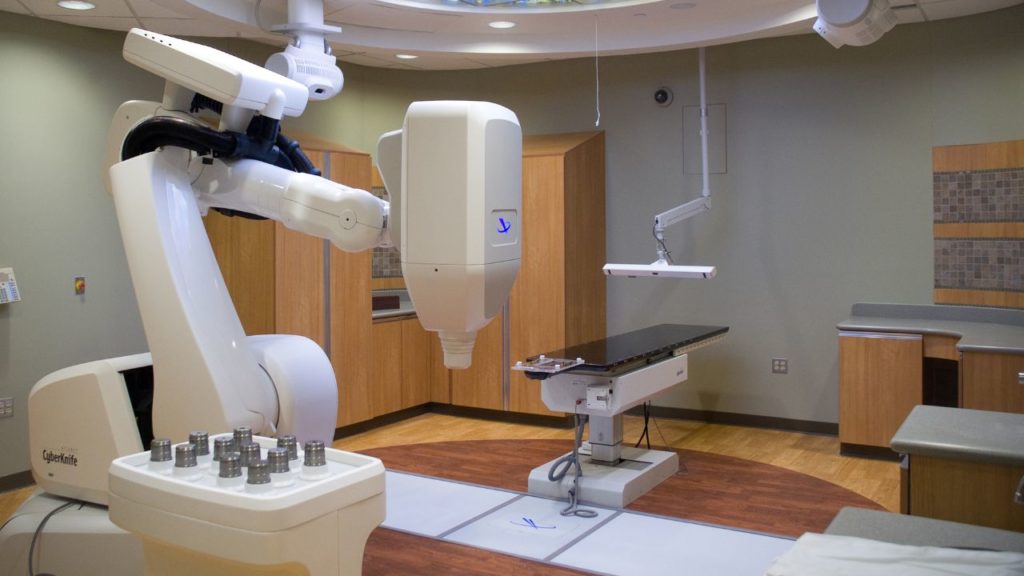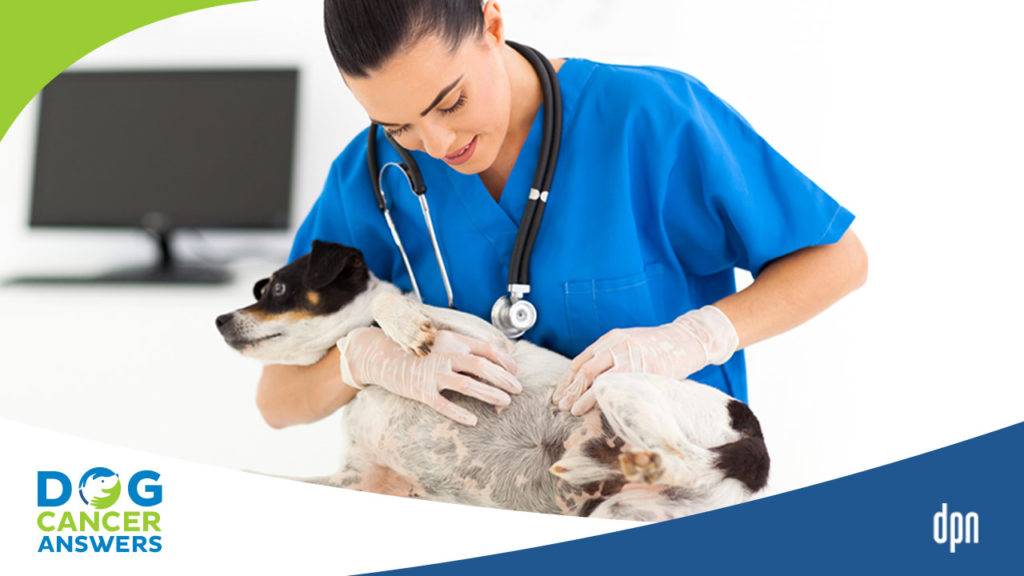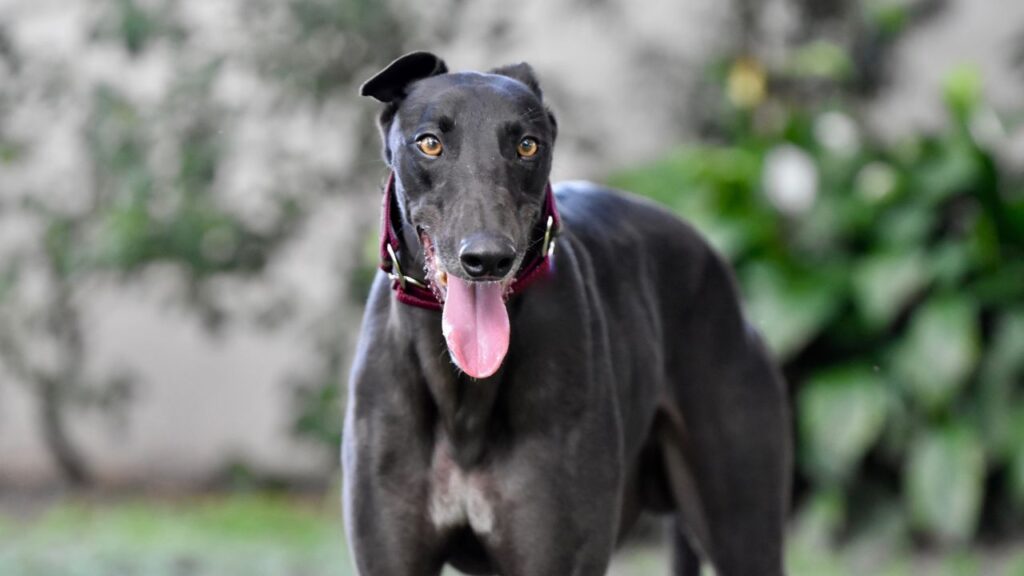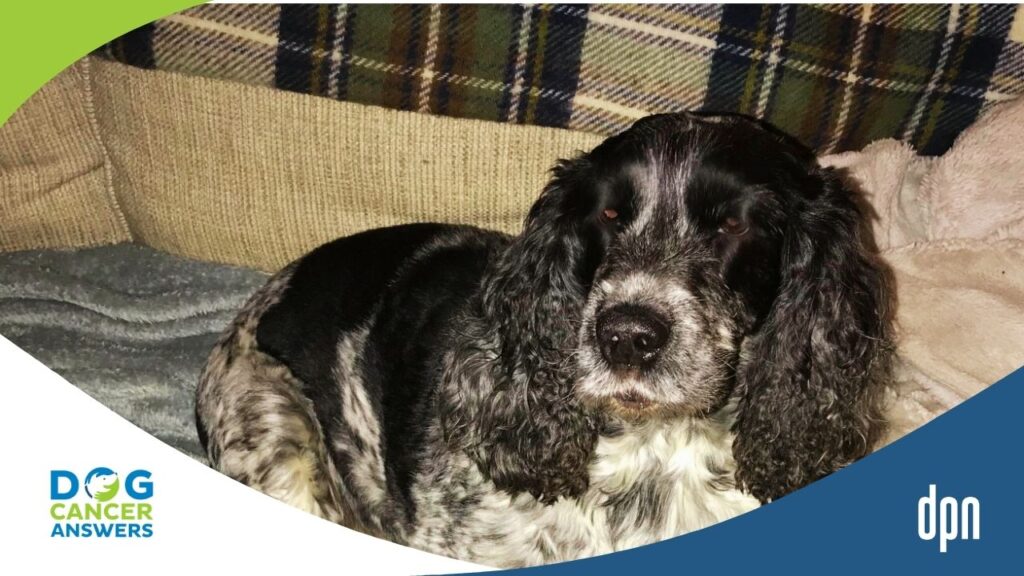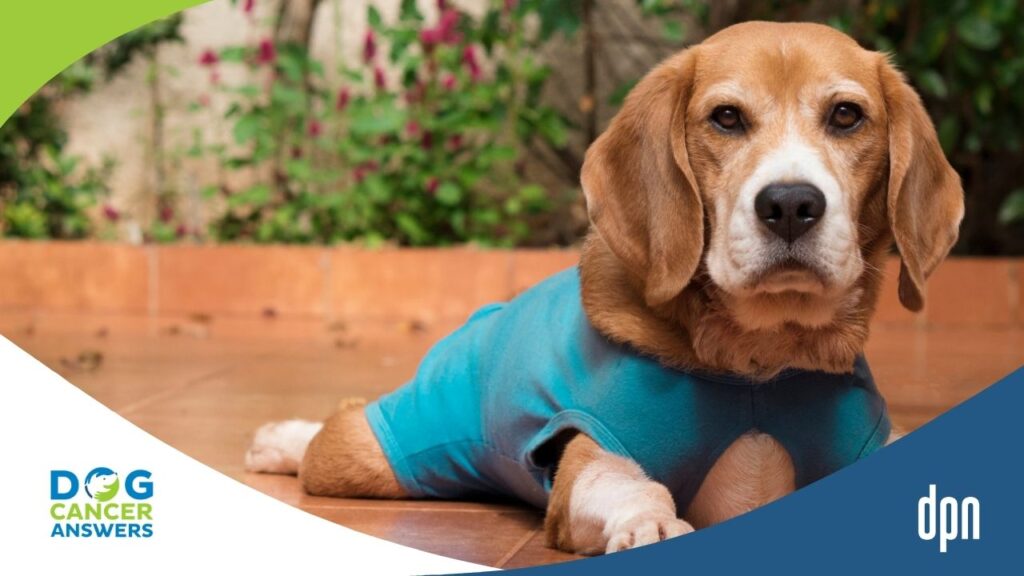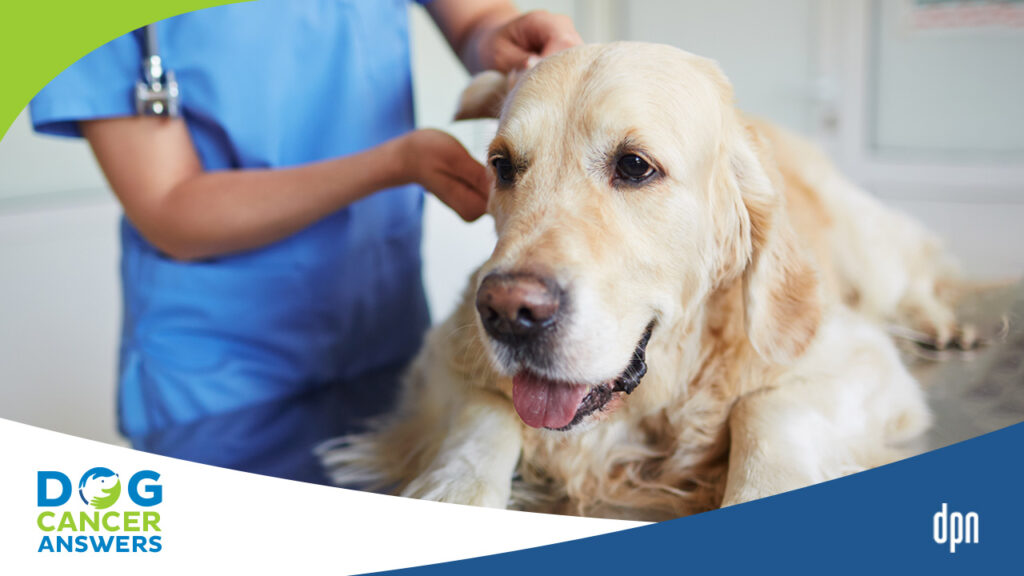[00:00:00] >> James Jacobson: Today on our special Exam Room Series, nasal cavity cancers, and what you need to know to help your dog.
[00:00:07] >> Announcer: Welcome to Dog Cancer Answers, where we help you help your dog with cancer. Here’s your host, James Jacobson.
[00:00:16] >> James Jacobson: Hello friend. Let me start off by saying, I’m sorry. I am sorry that you’re listening to this podcast.
[00:00:23] Sure. I know that’s an odd thing for a host to say in a welcome message, but the fact that you’re listening to my voice now probably means that you have a dog who has been diagnosed with a nasal cancer. And I’ve been there. I know what it’s like to have a dog who has cancer. I also want to let you know that you are in the absolute best place because you are in good company.
[00:00:45] Unfortunately, cancer is the number one killer of dogs, but there is a lot of hope. Dogs do not have an expiration date stamped on their forehead. There are so many things that you can do to help your dog after you get a diagnosis of nasal cavity cancer. Now I’m lucky. My veterinarian is Dr. Demian Dressler, author of the bestselling book, The Dog Cancer Survival Guide.
[00:01:10] He’s a renown authority on full spectrum approaches to treating dog cancer. And today you can come into his exam room and listen to what he would tell one of his clients whose dog was diagnosed with a nasal cavity cancer.
[00:01:25] >> Dr. Damien Dressler: So cancers of the nasal cavity are those that we see more commonly in dogs that have longer muzzles. So the kind of a longer snout. So these are going to be things like a German Shepherd dogs, herding breed dogs, like Greyhounds and Salukis and that type of thing. An interesting tidbit with these cancers is that things like secondhand cigarette smoke in these dogs with longer noses do increase the risk of these tumors, ’cause a question that comes up many times is well how does my dog get cancer? And I tell people, well, actually there’s a book written on that. It’s called The Dog Cancer Survival Guide. And there is a couple of chapters that talk about all of the different things that increase cancer rates.
[00:02:09] And guess what? Because dog cancers and human cancers are very similar, the risk factors for those cancers are very similar. Whether it’s things like obesity, cigarette smoking exposure to excess of sunlight in certain dogs, the diet, all of these different things that impact human cancer development also impact dog cancer development.
[00:02:30] I do talk about some kind of neat little things like electrical fields and other things that I believe will be getting more and more press as time goes on. But back to the nasal cancer, I think it’s important with nasal cancer to go see an oncologist who has access to some of the more sophisticated technology that we have to get rid of tumors, procedurally that is with using targeted radiation and that type of thing. And the reason why I bring this up is because most of the nasal cancers, most of, not all, they don’t really lend themselves to chemotherapy. So we try to use tools at our disposal to reduce the number of cancer cells in there because the chemo just doesn’t work.
[00:03:10] It doesn’t matter if you increase the dose, the cancer cells just don’t go away. So these tumors are really good candidates for high-tech tools like the use of CyberKnife or something like that. And what a CyberKnife does is it directs x-ray beams in a very small but precise area within the target. And then the emitting arm will circle around and do this many, many times in a very specific and targeted way of projecting radiation. And why does that matter? Well, because radiation traditionally can tend to have what’s called scatter. And scatter is something where the beam is not going quite where you want it to go. And, but things like CyberKnife and some of the newer high-tech tools that we talk about in The Dog Cancer Survival Guide, I think are good options for those guardians that want to go in that direction.
[00:03:58] We also, of course, have all of the other tools at our disposal, part of full spectrum care. We can change our diet to an anti-cancer diet and there’s a full recipe in the book. We can use different supplements, whether they’re immune supplements or apoptogen supplements, antimetastatic supplements, things to help to promote normal processes in the body that help a dog who has cancer live a happier, longer life. And also some lifestyle changes that can be beneficial for not only the dogs, but also the people with the dogs.
[00:04:29] >> James Jacobson: If you’d like to hear more about dog cancer and what you can do to help your dog now, I encourage you to pick up a copy of Dr. Dressler’s book, which just happens to be the sponsor of today’s episode and this entire special Exam Room Series here on Dog Cancer Answers.
[00:04:47] The name of this best-selling book is The Dog Cancer Survival Guide: Full Spectrum Treatments to Optimize Your Dog’s Life Quality and Longevity. The authors are Dr. Demian Dressler, who you just heard from, and Dr. Susan Ettinger, an oncologist in New York. And in a minute, I will tell you how to get their book at a discount.
[00:05:08] This book is considered the bible of dog cancer, and it covers so much information in an easy to understand, easy to reference guide. For example, the book covers everything that you need to know about conventional veterinary treatments, that’s surgery, chemotherapy, and radiation, including how to reduce their side effects.
[00:05:26] The most effective non-conventional options, including botanical nutraceuticals, supplements, nutrition, and mind, body medicine, and the book helps you to analyze the options and develop a specific plan for your own dog based on your dog’s type of cancer, your dog’s age, your financial budget and your time constraints, as well as your personality.
[00:05:49] The Dog Cancer Survival Guide is available wherever fine books are sold, both online and in physical bookstores. It’s available either in paperback or as an e-book edition and the e-book is under $10. The website to get either the paperback or the e-book is www.DogCancerBook.com. And you will save 10% if you use the promo code PODCAST, when you checkout you’ll save 10%. The website again, www.DogCancerBook.com. Use the promo code PODCAST for 10% off. That is www.DogCancerBook.com.
[00:06:25] I want to let you know that we have lots of free helpful information on our podcast website. The URL is DogCancerAnswers.com. It’s where you can listen to or download our entire back catalog of episodes. It’s the best way to get the information that you need to help optimize your dog’s life quality and longevity.
[00:06:51] Do you have a question for a dog cancer veterinarian? Well, one of our veterinarians could answer your question on a future episode of Dog Cancer Answers. Please call our listener line and record your question. The telephone number is (808) 868-3200. That is (808) 868-3200. Or visit our website at DogCancerAnswers.com. With dog cancer you want to get relevant information as quickly as possible. So make sure you get the next episode of our podcast as soon as it’s released by subscribing to Dog Cancer Answers in Apple Podcast or your favorite podcast app. We’re also on Spotify as well as YouTube.
[00:07:35] That’s all for this episode in our Exam Room Series, I’d like to thank Dr. Demian Dressler for being our guest today. Until next time. I’m James Jacobson from all of us here at Dog Cancer Answers and Dog Podcast Network, I wish you and your dog, a warm Aloha.
[00:07:56] >> Announcer: Thank you for listening to Dog Cancer Answers. If you’d like to connect, please visit our website at DogCancerAnswers.com or call our listener line at (808) 868-3200. And here’s a friendly reminder that you probably already know, this podcast is provided for informational and educational purposes only.
[00:08:15] It’s not meant to take the place at the advice you receive from your dog’s veterinarian. Only veterinarians who examine your dog can give you veterinary advice or diagnose your dog’s medical condition. Your reliance on the information you hear on this podcast is solely at your own risk. If your dog has a specific health problem, contact your veterinarian.
[00:08:33] Also, please keep in mind that veterinary information can change rapidly. Therefore, some information may be out of date.


